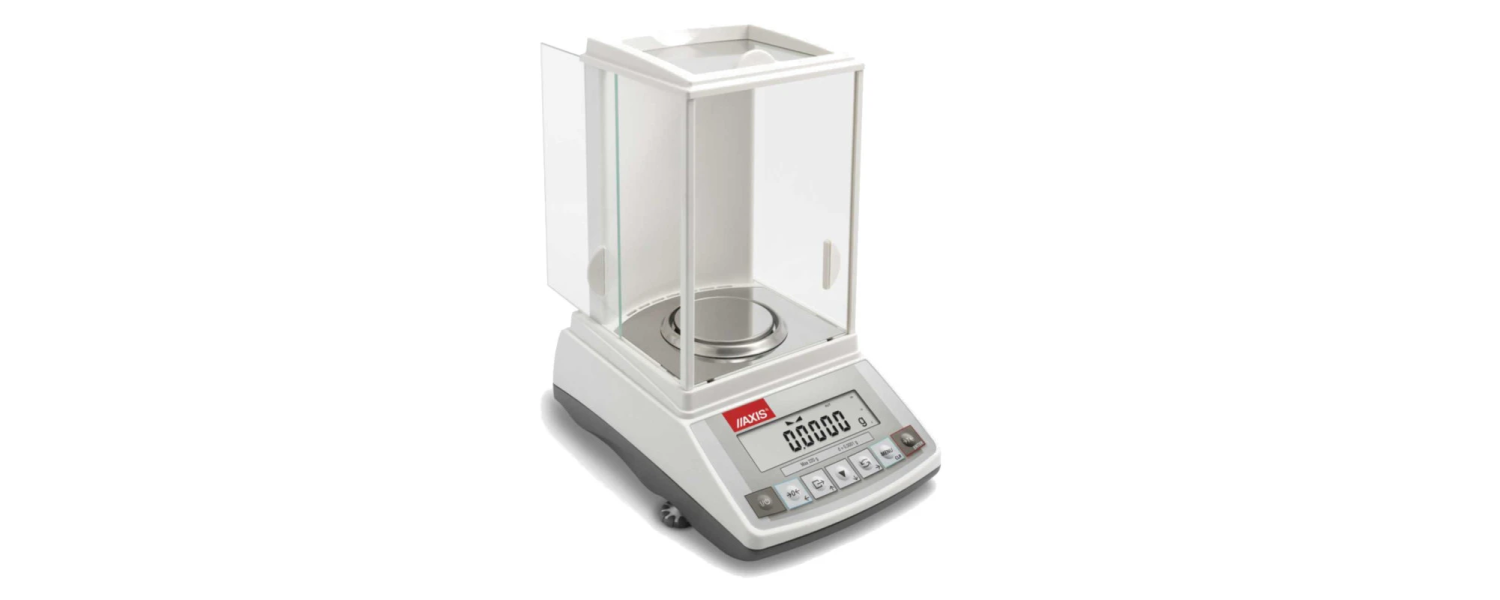
In laboratories, maintaining high measurement accuracy is a key factor in obtaining reliable test results. Precision and analytical scales play an important role in this context. These devices enable scientists and researchers to accurately measure masses. It is worth taking a closer look at the most important applications of these scales in laboratories.
Chemical and pharmaceutical analysis
In a chemical and pharmaceutical laboratory, a precise analytical balance is an indispensable work tool. It enables accurate measurement of the amount of chemicals used in research, synthetic and production processes. In the case of chemical analysis, even the smallest differences in the mass of a substance can have a significant impact on the experimental results, therefore the use of high-precision scales is important to obtain reliable test results.
Various biological studies
The use of analytical balances is also irreplaceable in the field of biology, especially when conducting experiments involving microorganisms, cells or biomolecules. Scales of this type allow for precise dosing of nutrients and drugs, which is important in biological research, where even the smallest changes in concentrations may affect the results of experiments.
Materials research and engineering
Precision laboratory balances are used to measure sample masses in the materials sciences and engineering fields where various types of substances are analyzed, from metals to polymers. Correct weighing is of great importance in research projects related to the properties of materials, their strength, and chemical reactions.
Environment and pollution level analysis
Precision scales are also used to verify the amount of chemicals or microorganisms in environmental research, for example, when analyzing water, soil or air. The wide range of scales allows you to monitor the level of pollution and track its changes over time. Thanks to this, it is possible to maintain an environment that is safe for people's health and life. Food industry and quality control Accurate and correct weighing of ingredients is also crucial in the food industry. Analytical scales are widely used here to maintain the quality of products intended for consumption. Quality control of raw materials and finished products requires precise measurements to meet accepted norms and standards. This is made possible by high-accuracy scales in the laboratory. Precision and analytical scales are irreplaceable in laboratories where accuracy and precision of measurements are important to obtain reliable results. The applications of scales cover a wide range of scientific fields, from chemistry and biology to materials science and the food industry. Investing in high-quality scales is an important step towards achieving reliable, precise and repeatable test results.
Leave a Reply Cancel Reply